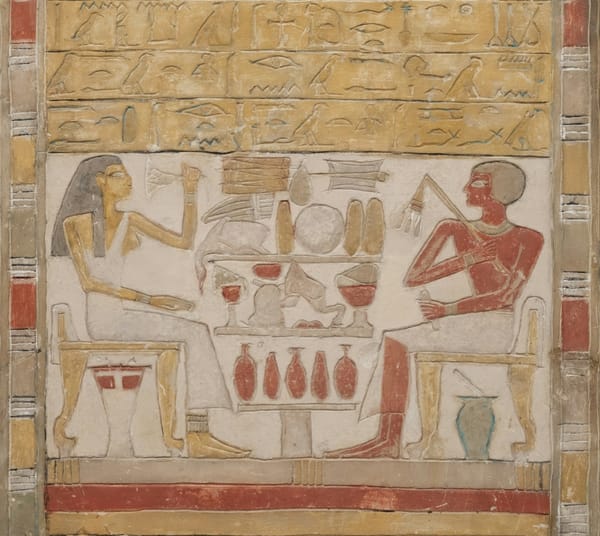The 1960s were the death knell of the age of steam. Technology was changing and the once-mighty steam engine would soon be consigned to nostalgia.
But steam was still around at the start of the decade. Where I lived until I was eight, in a small English village, we could see the puffs of smoke daily from a steam locomotive as it chugged along a cutting a mile or so away.
That branch line would soon be closed and the steam trains scrapped, yet the magic of steam has remained with me. In particular, I remember the day I got to stand on the footplate of the famous Flying Scotsman – the first train to reach 100 miles per hour.
This must have been around 1962, when I was 5. My father managed to broker me a few seconds on the footplate, beside the sooty crew, looking into the burning heart of the engine. The train was retired in early 1963, but to me it was the most powerful and magical thing I had ever experienced. I could not imagine anything finer than being the driver of the Flying Scotsman.
Our dreams change with time. The diesel engines that consigned steam trains to the scrapyard seemed to me a dreary replacement, and driving one of them held no magic. I moved on to other dreams. Next, I wanted to be an artist or a cricketer. Then, as a teenager, I dreamt of being a professional golfer, and then, in my early twenties, a singer.
These latter were not the idle dreams of childhood. I worked hard at each of them. I played golf every evening after school and every weekend. I spent around five years and most of my limited budget training as an opera singer. And, in each endeavour, I hit a point where I realized that the dream would never become a reality.
In each endeavour, I hit a point where I knew the dream would never become reality.
As a golfer, I had a good technique and was on a single-figure handicap by my mid-teens. In 1975 I came individual second in the North of England Schoolboys championship at the venerable Seaton Carew links course. Yet that was the day I realized the dream was over.
I was in the last group playing, and on the final hole someone told me that if I could birdie it, I would have the day’s best score. I had birdied that hole in practice, so I just had to repeat that. But it didn’t happen. I bogeyed instead.
It was the last in a reasonably long list of golfing occasions where I had buckled when the heat came on. Playing on my own, I could match anyone, but in the pressure of competition, I struggled. Finally, I had to conclude that I lacked the temperament and killer instinct needed to move to the higher levels of golf.
With singing it was a bit different. I had advantages. Tenors are rare and the competition much less cutthroat than with sopranos. And, unlike in golf, I could actually raise my performance on the night. However, two things got in the way of this dream, and there seemed to be nothing I could do about either of them.
In operatic singing, a lot of the sound comes from the resonating chambers in the sinuses and back of the throat. My teacher claimed Caruso could hide a whole egg in his mouth. I couldn’t come close. My head is relatively small, and gradually I realized that this would stop me ever having the vocal power to do the big operatic roles I dreamt of doing. Mozart maybe, but never Verdi.
I was also prone to getting upper-respiratory illnesses, which could leave me unable to sing for weeks. Hence, while I might be able to scrape a living singing in a chorus, excelling as a soloist simply wasn’t going to happen.
I still love singing, though, and watch more of the American Idol type of talent show than I probably should admit to.
However, it annoys me that the winners of these competitions always come out with some trite version of the following in their speeches and interviews. They always talk about how it shows that if you just work hard enough and follow your dreams, they can come true. Sometimes they even say that their winning demonstrates that if you work hard enough and dream big it will come true.
But I always think about the thousands of people who auditioned, and no doubt worked just as hard, but whose dreams fell flat. Perhaps they didn’t have the talent or the money to have voice lessons. Maybe they weren’t what the judges were looking for or just weren’t at their best on the day. But it certainly looks like far more dreams founder in a competition like Idol than ever get fulfilled.
Eventually, I came to the conclusion that the problem with having dreams is that we end up framing them wrongly. When you dream about being a professional golfer, you imagine yourself as the winner of an Open Championship, with all the adulation that provides. As a singer, you imagine performing at the largest venues and being famous, adored and rich.
The dream is always about how much better you will be when you have got to the peak of your profession. In other words, it is all about the outcome, and when you don’t achieve that expected outcome, you feel like a failure.
There is an older formulation of the idea, which we could usefully rediscover. It is about having a sense of purpose.
The trouble with dreams is they focus on the outcome. Purpose lets you value the journey — even when you don’t arrive.
Purpose can be framed around the process you are engaged in rather than just around the outcome. If I said that my purpose had been to get good at golf and good at singing, then I could be happy about having achieved that, rather than feeling that I somehow failed to achieve my dream.
Dreams have a wonderful feel while you are living them, and do act as a strong motivator, but they leave most people feeling hollow afterwards. They should come with a 40% proof warning label.
On the other hand, you can purposefully steam towards something without risking the same hangover. Instil people with a sense of purpose, and they will likely journey as far as a dreamer, but without subsequently having to live in a scrapyard full of broken dreams.

Each vignette invites readers to embrace the beauty of unfinished thinking and the art of holding life’s ongoing questions.











Member discussion